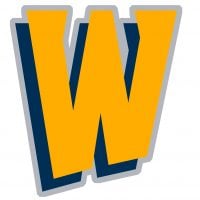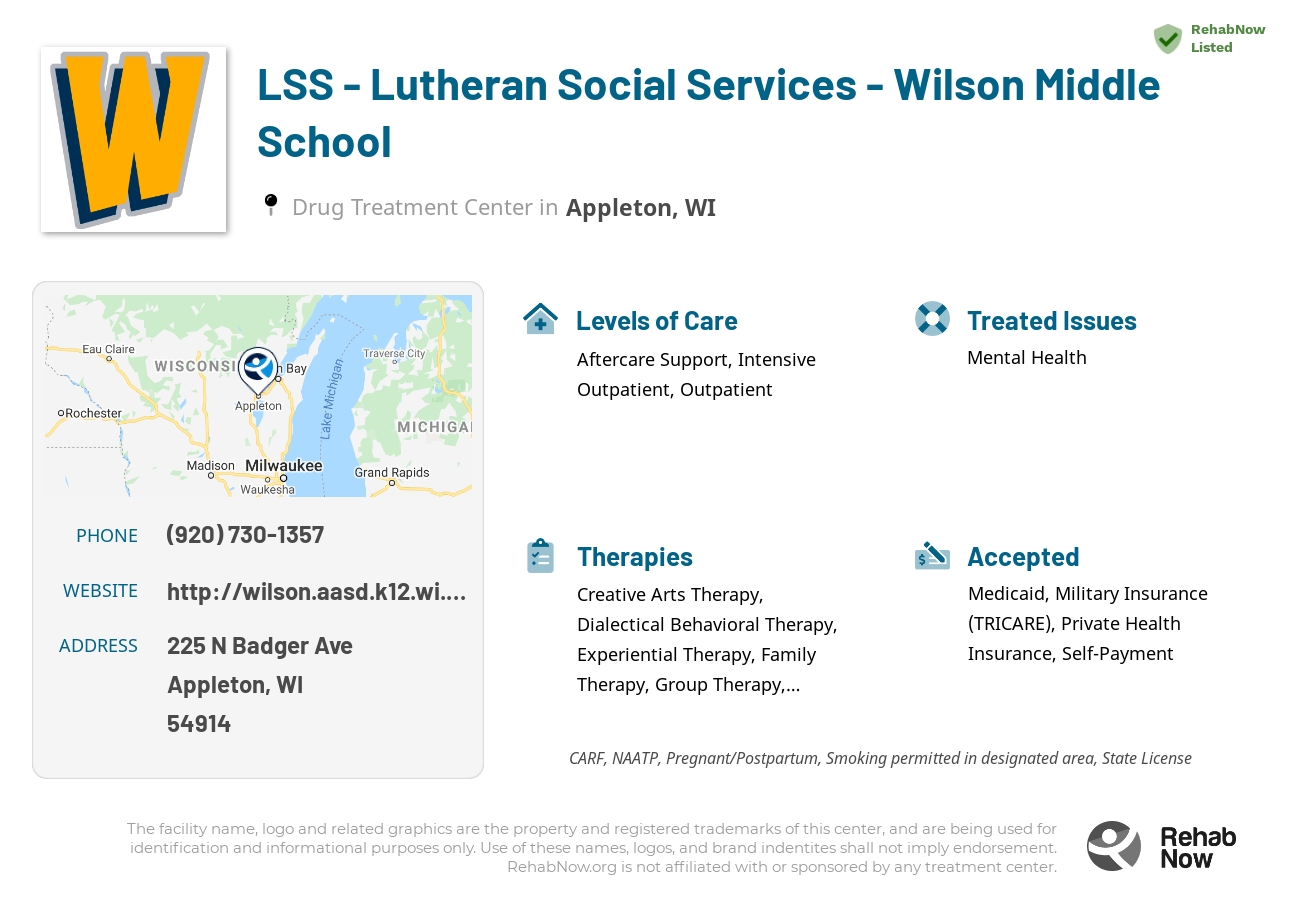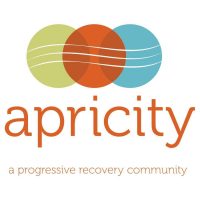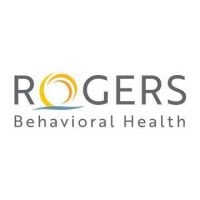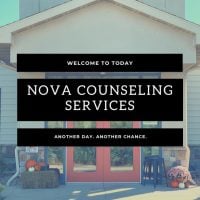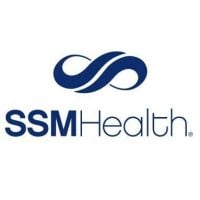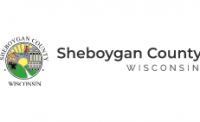LSS - Lutheran Social Services - Wilson Middle School
Drug Rehab Center in Appleton, Wisconsin
Lutheran Social Services - Wilson Middle School provides personalized mental health care to the Appleton community, offering various treatment modalities and accepting private health insurance as an affiliate of Lutheran Social Services of WI, which provides care, support, and spiritual guidance statewide.
About LSS - Lutheran Social Services - Wilson Middle School in Wisconsin
Lutheran Social Services (LSS) - Wilson Middle School, located in Appleton, Wisconsin, focuses on helping students across the state who are struggling with mental health issues. Through their PATH (Providing Access to Healing) Program, offered in partnership with United Way, they work to remove barriers that often prevent students and families from seeking treatment.
- Licensed mental health professionals provide students with coping skills and treatments at school
- FACE-Kids offers accessible group counseling in schools, neighborhood centers, and FACE-Kids agencies
- The goal of FACE-Kids is to strengthen and improve a child's individual, family, and school life through supportive group settings
LSS - Wilson Middle School is state licensed and CARF accredited, ensuring high-quality care for their clients. They offer personalized treatment plans, ranging from individual therapy to intensive outpatient services and aftercare support.
The facility treats a variety of mental health issues, utilizing treatment methods such as creative arts therapy, dialectical behavioral therapy (DBT), experiential therapy, family therapy, group therapy, motivational interviewing, recreational therapy, and trauma therapy.
Genders
Ages
Modality
Additional
Conditions and Issues Treated
Levels of Care Offered
This center offers a variety of custom treatment tailored to individual recovery. Currently available are Aftercare Support, Intensive Outpatient, Outpatient, with additional therapies available as listed below.
An intensive outpatient program is usually the first phase of addiction treatment. It provides relief for those who are addicted, but are not ready to commit to an inpatient setting. Typically, the patient lives at home and is able to work or go to school. IOPs consist of a daily 3 to 5-hour program, and there is a required number of hours per week. Most patients go to IOP between 20 and 40 hours per week. The patient attends group counseling and individual therapy throughout the duration of treatment. They also meet daily with their therapist to discuss how it’s going and where they are in the recovery process.
The goal here is to teach patients healthy coping skills, such as stress management and identifying thoughts and behaviors that lead to relapse. The implementation of these skills will be useful as the individual transitions into the next phases of treatment.
An outpatient treatment program is set up to help with alcohol or drug addiction, or a co-occurring disorder. The patient must attend the Wisconsin facility for their therapy and other programs but are able to return home each night. The frequency of mandatory attendance decreases after much of LSS - Lutheran Social Services - Wilson Middle School‘s program is complete.
Aftercare is a term that’s used to refer to any sort of continuing care offered for a drug addict who has voluntarily entered a rehabilitation program. This type of care can be provided in several settings, including outpatient therapy sessions after the addict has completed an inpatient program. There are also 12-step support groups, such as Alcoholics Anonymous, which can provide additional help for addicts trying to stay sober.
Therapies & Programs
Individual Therapy is a critical component of addiction recovery. Therapists work with patients to identify the root of their addiction and figure out how to better handle the issues that led to them using drugs. Individual Therapy is the one-on-one session where people meet with their therapist. Individual therapy provides a safe space for people to open up and discuss personal and sensitive topics which they may not feel comfortable discussing in a group setting.
Family therapy will also help families realize that the addiction is not their fault. For many years, people blamed themselves for an addict’s behavior and felt that they had done something wrong. This is not the case. Addiction is a disease, and it can strike anyone, even if their life seems fine from the outside. It can bring a lot of shame to a family when they have an addict in their midst, but if everyone is open and honest with each other, then they can help everyone stay in recovery.
Group Therapy is utilized by drug treatment centers like LSS - Lutheran Social Services - Wilson Middle School to provide the recovering drug addict with a platform to talk about their feelings and experiences. It also provides for an opportunity to learn from other addicts who have successfully overcome their addiction.
Group Therapy is employed in lectures, seminars, or discussion groups (the latter two are typically conducted as “therapy groups”). It is recommended that all group members be recovering addicts for this type of therapy to work (though it does not exclude others with lived experience).
Trauma therapy is a clinical process that helps individuals deal with mental stress often caused by traumatic events. It is generally done for children, teenage victims of sexual assault, and war veterans. The therapist helps the person identify, understand and work through the problem. This is done with the help of talking about it in group or one-on-one counseling sessions. Therapists use relaxation, role-playing, art, and music to help the person open up about what is bothering them.
Dialectical Behavior Therapy (DBT) is used by drug treatment centers across the United States to help drug addicts become sober. DBT combines traditional behavioral treatments with elements from DBT, including dialectics, distress tolerance, and interlocking issues. It is commonly used to treat Borderline Personality Disorder (BPD) along with substance abuse disorders. The four DBT modules are mindfulness, interpersonal effectiveness, emotion regulation, and distress tolerance.
Cognitive behavioral therapy is also a popular service for individuals living with addiction. This type of supportive treatment uses both one-on-one counseling and group sessions to teach addicts how to identify thoughts, behaviors and emotions that might increase their risk of relapse.
These professionals can help addicts develop coping skills for managing stress, improving self-esteem and overcoming triggers. They might also use behavioral therapy to help addicts learn how to avoid cravings and warning signs that could lead them back into addiction.
Therapy can be used as a step-down from inpatient treatment or as the primary method of overcoming an addiction. No matter which option is best for the addict, they will teach important emotional coping techniques, which can make it easier for addicts to get through the tough days.
Training in improved life skills helps those recovering from addiction feel more capable of self-care. LSS - Lutheran Social Services - Wilson Middle School are daily skills that give the person the tools they need to survive.
The therapy covers practical activities like cooking, job hunting, social interaction, and money management, helping to fill in the knowledge gaps caused by addiction.
These life skills help the person self-manage their recovery and stay on track. It also reduces relapse risk as they gain confidence in their day-to-day abilities.
Patient Experience
Creative Arts
This type of therapy can help addicts manage anxiety, stress, and other negative feelings. It typically involves the use of art materials to express thoughts and emotions that might otherwise be difficult for an addict to discuss with another person.
During these types of sessions at LSS - Lutheran Social Services - Wilson Middle School, addicts will typically work with a therapist or support group leader to create pieces of art. For instance, they might draw pictures, paint, sculpt, and so on. During the process, addicts are encouraged to talk about what led them to substance abuse in the first place.
Experiential Therapy at LSS - Lutheran Social Services - Wilson Middle School
Experiential therapy is another form of treatment that helps addicts overcome their addiction. This type of service typically involves hands-on activities with the focus on physical experiences instead of emotions or beliefs.
Some examples include art therapy, equine therapy and music therapy. Each of these forms of experiential therapy can provide unique ways for addicts to channel their feelings and work through their demons. This type of therapy also allows addicts to develop meaningful emotional connections with others, which can prevent them from resorting to relapse as a coping mechanism.
Payment Options Accepted
For specific insurance or payment methods please contact us.
Is your insurance accepted?
Ask an expert, call (888) 674-0062
Lutheran Social Services – WI Associated Centers
Discover treatment facilities under the same provider.
- LSS - Lutheran Social Services - Exodus House in Hudson, WI
- LSS - Lutheran Social Services - Community Transition Center in Eau Claire, WI
- LSS - Lutheran Social Services - Dodge County Group Home in Beaver Dam, WI
- Lutheran Social Services - Eau Claire in Eau Claire, WI
- LSS - Lutheran Social Services - Wazee House in Black River Falls, WI
Learn More About Lutheran Social Services – WI Centers
Additional Details
Specifics, location, and helpful extra information.
Appleton, Wisconsin 54914 Phone Number(920) 730-1357 Meta DetailsUpdated April 15, 2024
Staff Verified
LSS - Lutheran Social Services - Wilson Middle School Patient Reviews
There are no reviews yet. Be the first one to write one.
Appleton, Wisconsin Addiction Information
Wisconsin has some of the highest rates in the United States for both adolescent and adult substance abuse. Since 2009, the state has been experiencing the same escalating rates of drug abuse and addiction as the rest of the country. The major concerns are the misuse of prescription painkillers and the escalating number of deaths due to alcohol-related liver disease.
In 2018, there were 1,752 drug abuse cases in Appleton, Wisconsin. The most common type of drug abuse in the city is heroin. Drug dealers have been known to target young people in the community. In 2013, there were 812 drug-related hospitalizations in Appleton, WI. If you are looking for a comprehensive drug rehab program in Appleton, WI, your family, friends, or health professionals can help you with finding one.
Treatment in Nearby Cities
- Kaukauna, WI (7.6 mi.)
- Richland Center, WI (117.2 mi.)
- Kewaskum, WI (52.3 mi.)
- Cudahy, WI (94.5 mi.)
- Prairie Du Chien, WI (159.7 mi.)
Centers near LSS - Lutheran Social Services - Wilson Middle School
The facility name, logo and brand are the property and registered trademarks of LSS - Lutheran Social Services - Wilson Middle School, and are being used for identification and informational purposes only. Use of these names, logos and brands shall not imply endorsement. RehabNow.org is not affiliated with or sponsored by LSS - Lutheran Social Services - Wilson Middle School.
